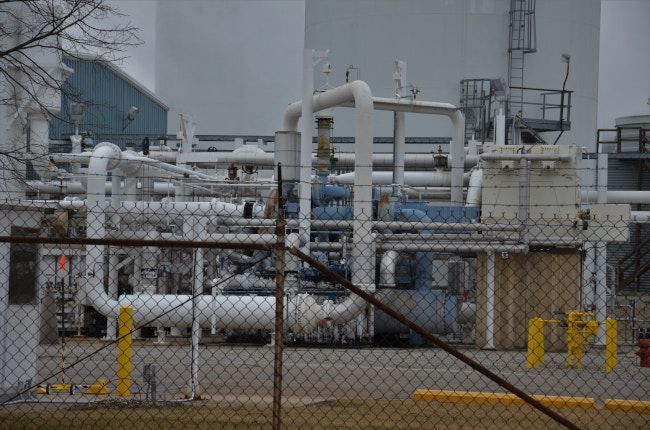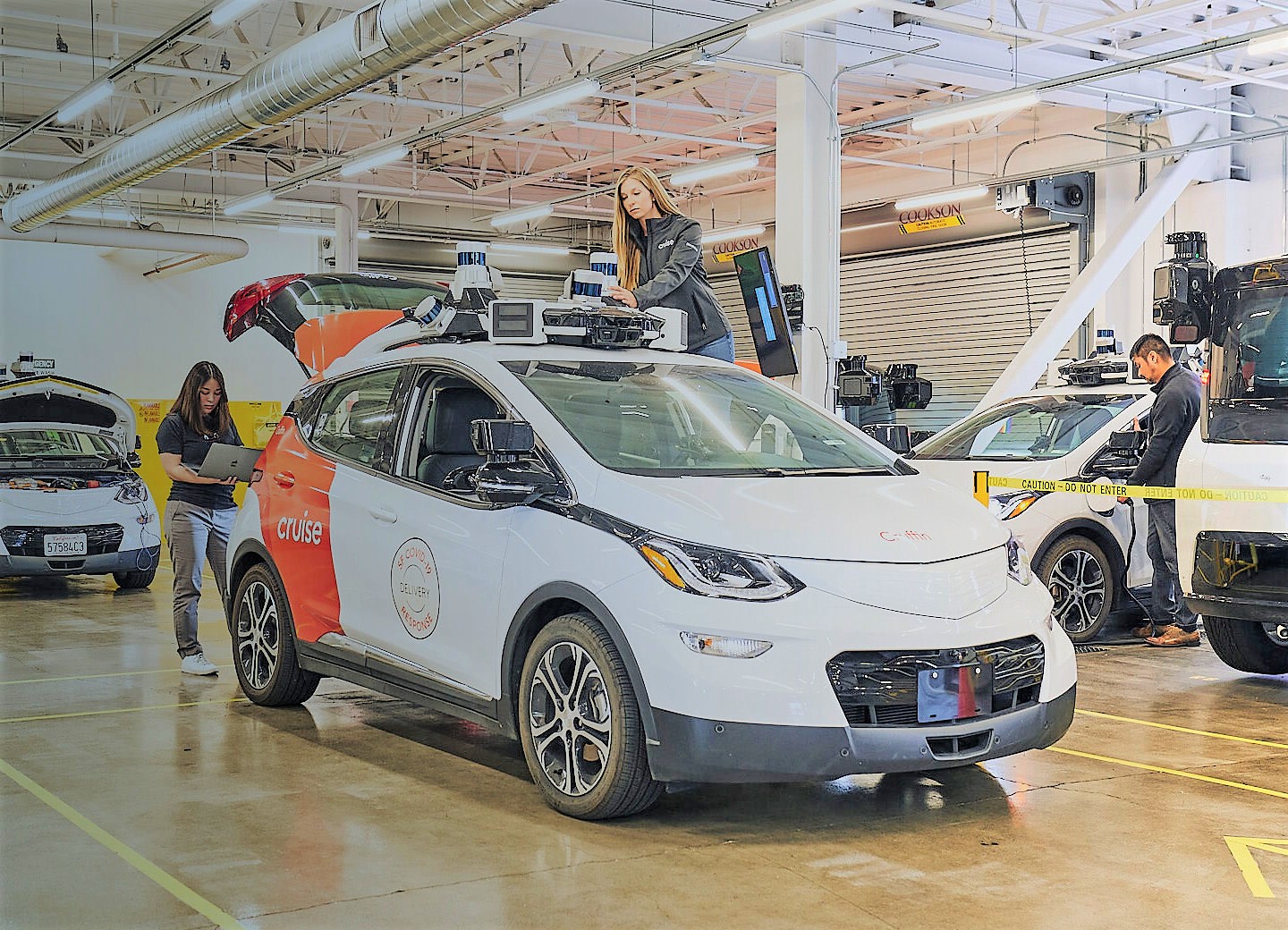In an era where agriculture faces mounting pressure to reduce its environmental footprint, New Zealand's Robotics Plus has unveiled a groundbreaking solution that could transform how we approach crop protection. Their autonomous Prospr robot represents a significant leap forward in sustainable farming practices, offering a compelling alternative to traditional tractor-based spraying operations.
Revolutionizing Agricultural Spraying
The transition from conventional diesel tractors to autonomous electric vehicles marks a crucial shift in agricultural technology. Prospr's introduction into commercial markets across New Zealand, Australia, and the United States signals growing industry acceptance of this innovative approach to crop management.
Engineering for Efficiency
At the heart of Prospr's design lies a sophisticated combination of electric and hybrid power systems. The robot's architecture includes:
- Independent electric motors powering each wheel
- A sophisticated battery management system
- An auxiliary diesel generator for extended operations
- Regenerative braking technology
- Multiple configurable spray fans
This engineering approach delivers impressive environmental benefits, with fuel consumption reduced by up to 72% compared to conventional tractors. The elimination of hydraulic systems, gearboxes, and differential fluids further minimizes environmental impact while reducing maintenance requirements.
Intelligence in Motion
Prospr's autonomous navigation capabilities represent a significant advancement in precision agriculture:
Advanced Sensing Systems
- GPS guidance for precise row navigation
- LiDAR sensors for obstacle detection
- Computer vision systems for environmental awareness
- Pressure-sensitive collision detection
Smart Operations
- Programmable spray patterns
- Variable application rates based on crop needs
- Remote monitoring and control capabilities
- Emergency stop systems for enhanced safety
Precision Agriculture in Practice
The robot's ability to precisely control spray applications represents a significant advance in sustainable farming practices. Users can:
- Customize spray patterns for different crop types
- Adjust chemical application rates in real-time
- Monitor multiple units simultaneously
- Intervene remotely when necessary
This level of control not only reduces chemical usage but also minimizes environmental impact while potentially improving crop protection efficacy.
Market Impact and Industry Context
While Prospr enters a competitive field that includes established players like Slopehelper and Herbicide GUSS, its unique combination of features positions it as a significant innovation in the agricultural robotics sector. The robot's commercial deployment across three countries suggests growing market acceptance of autonomous spraying solutions.
Key Differentiators
- Hybrid power system for extended operation
- Reduced environmental impact
- Lower maintenance requirements
- Advanced navigation capabilities
- Flexible spray configuration options
Future Implications
The successful deployment of Prospr could herald broader changes in agricultural practices:
Environmental Benefits
- Reduced carbon emissions
- Decreased chemical usage
- Minimal soil compaction
- Lower resource consumption
Operational Advantages
- 24/7 operation capability
- Reduced labor requirements
- Precise application control
- Remote management options
As agriculture continues to evolve toward more sustainable practices, innovations like Prospr demonstrate the potential for robotics to address critical environmental challenges while maintaining or improving operational efficiency. The success of this platform could accelerate the adoption of autonomous systems across other agricultural applications.
The introduction of Prospr represents more than just technological innovation; it signals a fundamental shift in how we approach agricultural operations. As farms face increasing pressure to reduce their environmental impact while maintaining productivity, solutions like Prospr offer a glimpse of agriculture's sustainable future.
This evolution in agricultural technology suggests we're entering a new era where autonomous systems not only replace traditional equipment but fundamentally improve how we approach crop protection and management. The implications for sustainability, efficiency, and environmental protection could reshape agricultural practices for decades to come.


















